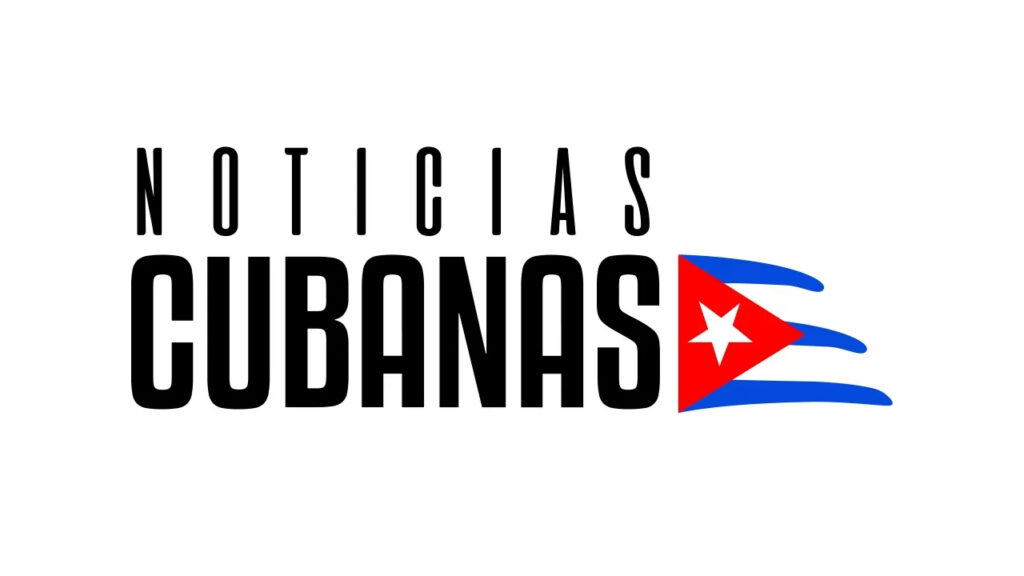She was so demure that no one ever heard her say when she was born, let alone any celebrations of the date. Nowadays all Cubans pay tribute to the unforgettable Heroine of the Mountains and Plains every April 7, when she enjoys one more birthday in her own right, despite her departure on June 18, 2007.
They say she would have liked it that way.
She earned that right as a woman who combined the strength of a true revolutionary fighter with the gentleness of a kind heart, which she gave without hesitation to others from very early in her life.
Often called by her fellow countrywomen simply as ‘Vilma’, she is hailed as Honorary President of the Federation of Cuban Women, the organization she led and developed since its foundation on August 23, 1960.
She could have been an outstanding professional in technology, a lyrical singer or a sportswoman, given her bent as a child and a young woman, but her choice for life was to fight alongside the humble for freedom and social justice.
Born on April 7, 1930 to a family of great moral values and fondness for culture, Vilma Lucila Espín Guillois was a versatile girl in her early student years. She participated resolutely in spirited rallies to condemn the excesses of the dictatorship of Fulgencio Batista, who seized power in 1952 after staging a bloody coup d’état.
The very active young woman became the legendary ‘Deborah’ of the underground movement in her hometown and, eventually, the multifaceted guerrilla woman of the Rebel Army’s II Eastern Front “Frank País” who fought, helped with logistics and taught the soldiers.
Vilma had joined the 26th of July Movement in the late 1950s at a time when she had already graduated as a chemical engineer from the University of Oriente, but Batista’s coup gave the final touch to her revolutionary conscientiousness.
She harbored some revolutionaries in her home who were persecuted following the attacks on the garrisons Moncada in Santiago de Cuba and Carlos Manuel de Céspedes in Bayamo led by Fidel Castro on July 26, 1953 and the bloody repression that ensued.
She played an outstanding role preparing the armed uprising of November 30, 1956 in Santiago de Cuba to support the landing of the expeditionary force that came to Cuba on the yacht Granma, which failed from the military viewpoint but rocked the foundations of the city, given the audacity and courage of the young people in the face of the crackdown. But after Frank País was assassinated in 1957, her life was in serious danger, so she went to the mountains to join the Rebel Army.
Leading the Federation of Cuban Women, founded at the behest of Fidel, marked her life and that of every woman in the country with a before and an after and helped them gain experiences and make achievements otherwise unthinkable, although there are still huge goals to conquer and a new life to develop. So much fight and progress won’t fit in this page.
As a member of the Central Committee of the Communist Party of Cuba since its founding in 1965, and then as a member of the Political Bureau for several years, she continued to work hard. Within the Parliament she headed the National Commission for Prevention and Social Attention, and the Commission for Children, Youth and Women’s Equal Rights.
At a time when Cuba is going through an encouraging period of recovery from the pandemic and of intense work for economic and social development, Cuban women are conducting in-depth analyses to enrich the provisions of the new Family Code, aware of how much of the work, intelligence, sensitivity and passion of the extraordinary woman they can find in the letter and spirit of this consequential legislation. That is why they offer it to their heroine from their hearts.


